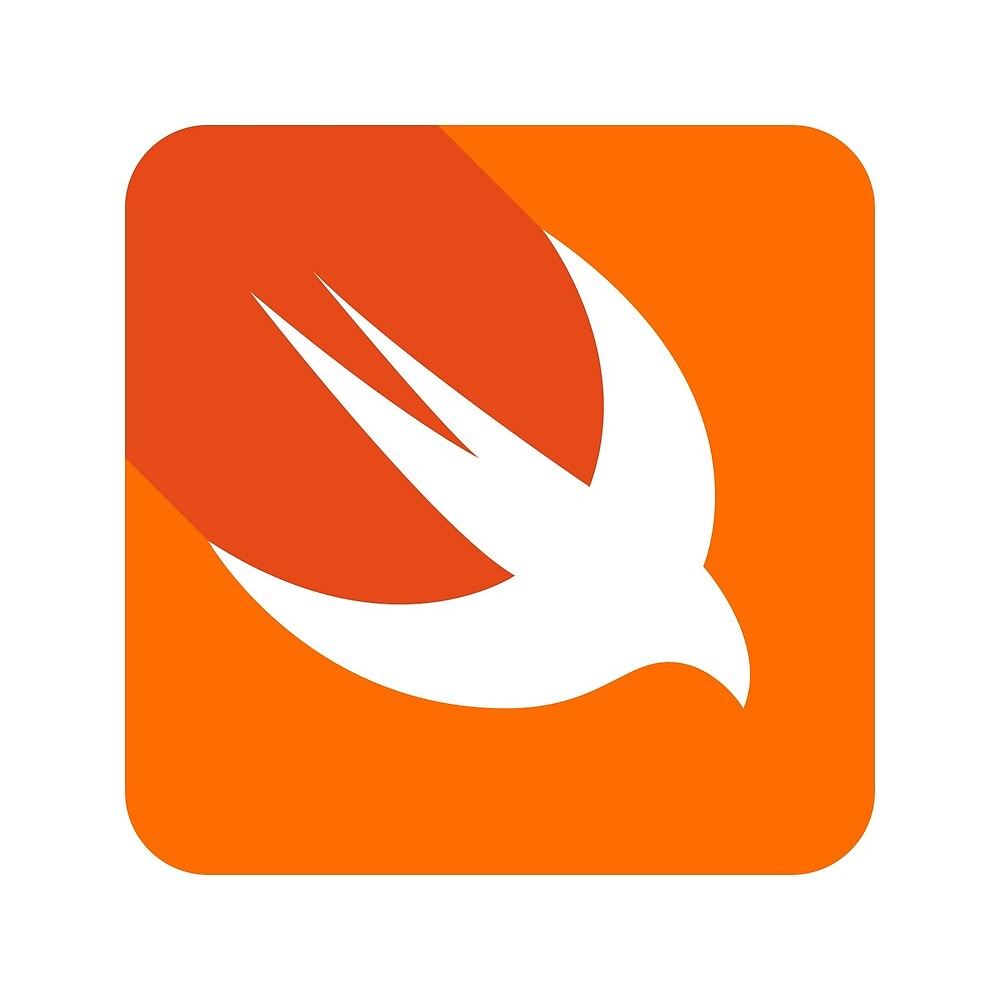The online learning management platform for all things Girls Who Code, including the Clubs application, curriculum, Facilitator Toolkit and more. Both the Facilitators and students log on here!
Girls Who Code HQ
A high-level block-based visual programming language for children 8-16 that is useful for building animations and games.

Scratch
Laptops and two-in-ones running on Google's Chrome operating system. Many schools use this alternative to PCs or MACs as a cheaper option.
Chromebook
A way of approaching a solution by breaking complex problems down into more familiar or manageable sub-problems
Computational Thinking
CSTA
Computer Science Teacher's Association
The document that Club Facilitators must sign on the Clubs Application in order to allow a Club to legally run at their host site.
Participation Agreement
A coding language only on Apple products

Swift
A low cost, credit-card sized computer that plugs into a computer monitor or TV, and uses a standard keyboard and mouse. It is a capable little device that enables people of all ages to explore computing, and to learn how to program in languages like Scratch and Python.
Raspberry Pie
A methodology that helps students of all ages to better comprehend their emotions, to feel those emotions fully, and demonstrate empathy for others.
Social-Emotional Learning (SEL)
National Science Teacher's Association
Girls Who Code's non-fiction NY Times best-seller and basis of the 3-5th grade Club's book club model
Learn to Code and Change the World
A multi-use general coding language used for both large-scale and small-scale projects, such as web development, AI, machine learning, operating systems, mobile application development, and video games.

Python
A pocket-sized computer that introduces you to how software and hardware work together. It has an LED light display, buttons, sensors and many input/output features that, when programmed, let it interact with you and your world.
Microbits
The maximum rate of data transfer across a given path, but often used to refer to the student's ability for internet connectivity.
Bandwidth
ALA
American Library Association
The first book in Girls Who Code's fiction series and secondary reading option in the 3-5th grade Club's book club model
The Friendship Code
A fun and flexible programming language and one of the core technologies of web development that can be used on both the front-end and back-end
Javascript (JS)
An open-source electronics platform based on easy-to-use hardware and software. They are able to read inputs - light on a sensor, a finger on a button, or a Twitter message - and turn it into an output - activating a motor, turning on an LED, publishing something online.
Arduino
The learning goals for what students should know and be able to do at each grade level.
Educational Standards
A one-hour introduction to computer science hosted during Computer Science Education Week (in the second week of December), founded by Code.org, designed to demystify "code," to show that anybody can learn the basics, and to broaden participation in the field of computer science.
Hour of Code
The culminating project that 6-12th grade Club members and SIP members work on to use their new coding skills to address a real-world problem in the community they care about.
Girls Who Code Project
A JavaScript library for creative coding, with a focus on making coding accessible and inclusive for artists, designers, educators, beginners
P5.JS
An Invention Kit for Everyone is an invention kit designed to connect everyday objects to computer keys, like bananas and citrus fruits. It can work with any computer program or webpage that accepts keyboard or mouse click inputs and then it will work.
Makey Makey
A place in which people with shared interests, especially in computing or technology, can gather to work on projects while sharing ideas, equipment, and knowledge
Makerspace
An organization that guides youth through STEM learning and exploration at an early age through legos. From Discover, to Explore, and then to Challenge, students will understand the basics of STEM and apply their skills in an exciting competition while building habits of learning, confidence, and teamwork skills along the way.
FIRST LEGO League